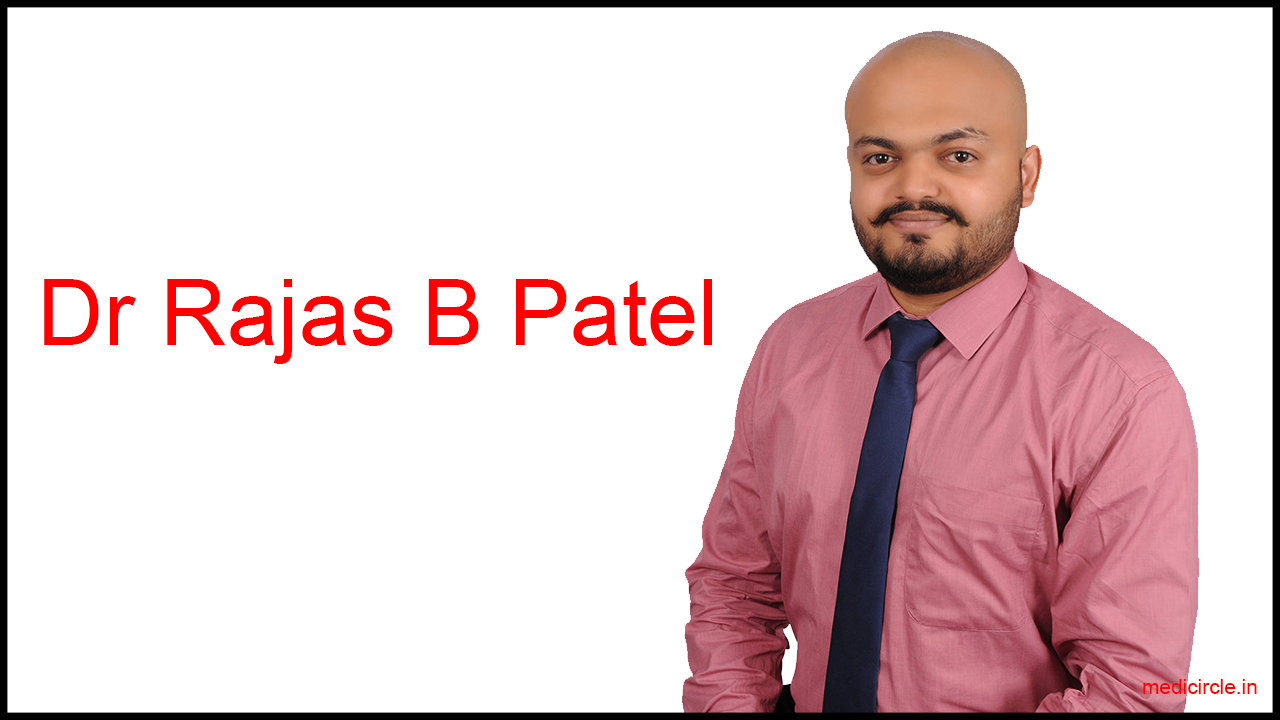Indian women are most commonly affected by breast cancer. The growing numbers are precipitated by a lack of awareness – cancer literacy, especially those between 40 and 60 years, is essential as regular screening can help to detect breast cancer in its early stages. Another common cancer is cervical cancer, caused by the Human Papillomavirus – this accounts for 12 percent of new cancer cases every year. Oral cancer contributes 7 percent of new cancer cases annually. In men, the three most common cancers are prostate, lung and colorectal. Further, oral cancer is a silent killer in India, as most cases are detected only in the later stages of the illness. This results in fewer cure options and more expensive treatment. According to data from the Indian Council of Medical Research, the number of cancer cases is estimated to increase by 1.45 million new cases every year.
Lack of awareness is the biggest roadblock to timely diagnosis and treatment. This is compounded by the country's inherent socio-economic inequalities in access to healthcare. The rural areas especially experience large numbers of untreatable cancers because of a paucity of funds, knowledge and treatment facilities. As a country, India worrying has a minimal rate of public expenditure (1.5 percent of its GDP) on healthcare, making it the nation with the lowest expenses on public healthcare. There also exists a severe shortage of trained medical and health personnel, and a lack of qualitative treatment facilities. Changing lifestyles are also contributing to a higher incidence of cancer – these include modern sedentary habits, unhealthy food choices, increased consumption of alcohol and tobacco. The ICMR has predicted that by the year 2020, India will witness more than 17.3 lakh new cases of cancer, and more than 8.8 lakh of these cases will result in death. Again, this is largely because the majority of the patients visit hospitals for diagnosis or treatment when they are already in the advanced stages of their illness. There is an urgent need for investments in prevention techniques, vaccinations, cancer awareness and screening, along with a focus on clinical data research and studies for developing better cancer treatments.
While cancer treatment is most commonly associated with chemotherapy – radiation therapy was considered potentially hazardous because it also came with the risk of secondary cancers – it isn't the most effective or the safest way to treat cancer. Radiation therapy has evolved and improved tremendously over the years and one of the greatest advancements in this regard has been the introduction of proton therapy. X-ray beams are composed of primary photons and secondary electrons, which means that they deliver radiation to healthy tissues before and after the tumour site. This can damage the normal tissue or organs near the tumour or area of concern. Proton therapy, on the other hand, can precisely target tumour cells. A proton beam conforms to the shape and depth of a tumour, while sparing healthy tissues and organs. There are several studies which indicate that proton therapy is most effective in treating tumours of the prostate, brain, head and neck, central nervous system, lung, and gastrointestinal system as well as cancers that cannot be removed completely by surgery. It is often the preferred option for treating solid tumours in children.

 Dr Rajas B Patel tells Medicircle about the major Cancer trends in India
Dr Rajas B Patel tells Medicircle about the major Cancer trends in India























.jpeg)








